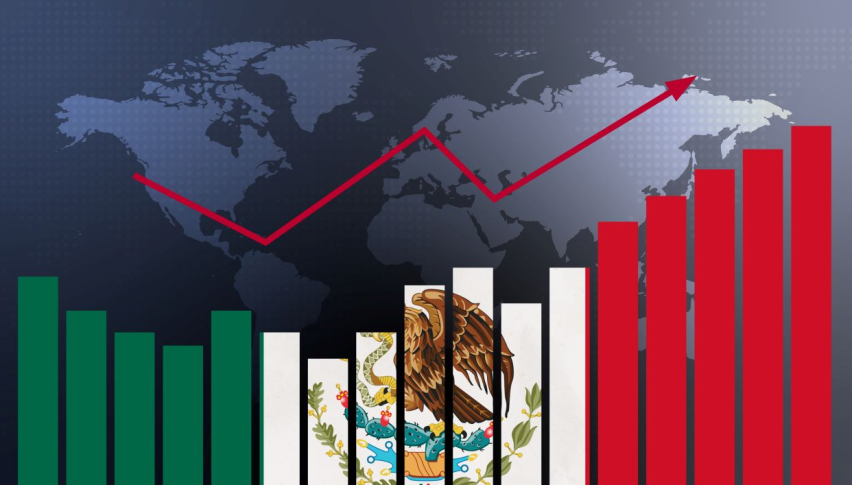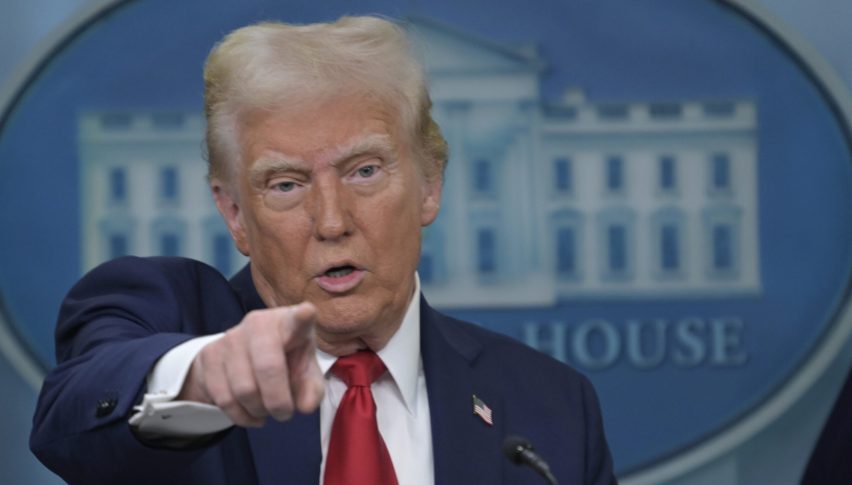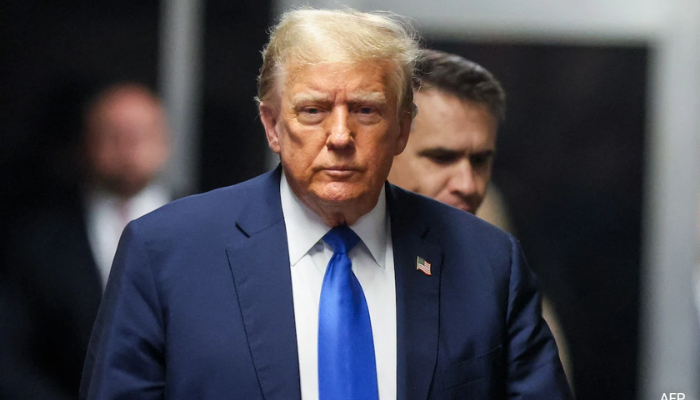The Decline of the Mexican Peso Against the Yen Threatens Carry Trade Operations
Volatility remained high on Wednesday, with the yen falling sharply against the dollar.

The significant decline of the Mexican peso following the resounding victory of the left in last Sunday’s elections has shaken currency markets as distant as those in Hungary and Turkey this week. Investors are now questioning whether the dismantling of the once-popular carry trade operations will continue.
Carry trade involves borrowing in low-interest-rate currencies, such as the Japanese yen or the Swiss franc, and investing in currencies with higher interest rates, like the Mexican peso or, more recently, the U.S. dollar.
Its popularity has surged as interest rates have diverged globally and market volatility has remained low. However, this week’s sharp drop in the peso against the yen—a 4.4% decline on Monday, marking its steepest daily drop since the COVID-19 crisis—indicates that investors are rapidly withdrawing from some of their most favored and profitable trades.
Volatility remained high on Wednesday, with the yen falling sharply against the dollar, prompting investors to reconsider whether the traditional carry trade strategy remains viable.
The news that Claudia Sheinbaum would win Mexico’s presidential elections by a wide margin caused the peso to fall, with markets rattled by potential constitutional reforms and the impact on trade relations with the United States.
The Indian rupee also wobbled on Tuesday, as it became clear that market-friendly Prime Minister Narendra Modi would lose his absolute majority.
These two declines triggered significant fluctuations in emerging markets, causing other favored currencies like the Hungarian forint and the Turkish lira to tumble. Low-yield “funding currencies” such as the yen rose, while the euro and the dollar rebounded.
- Check out our free forex signals
- Follow the top economic events on FX Leaders economic calendar
- Trade better, discover more Forex Trading Strategies
- Open a FREE Trading Account


